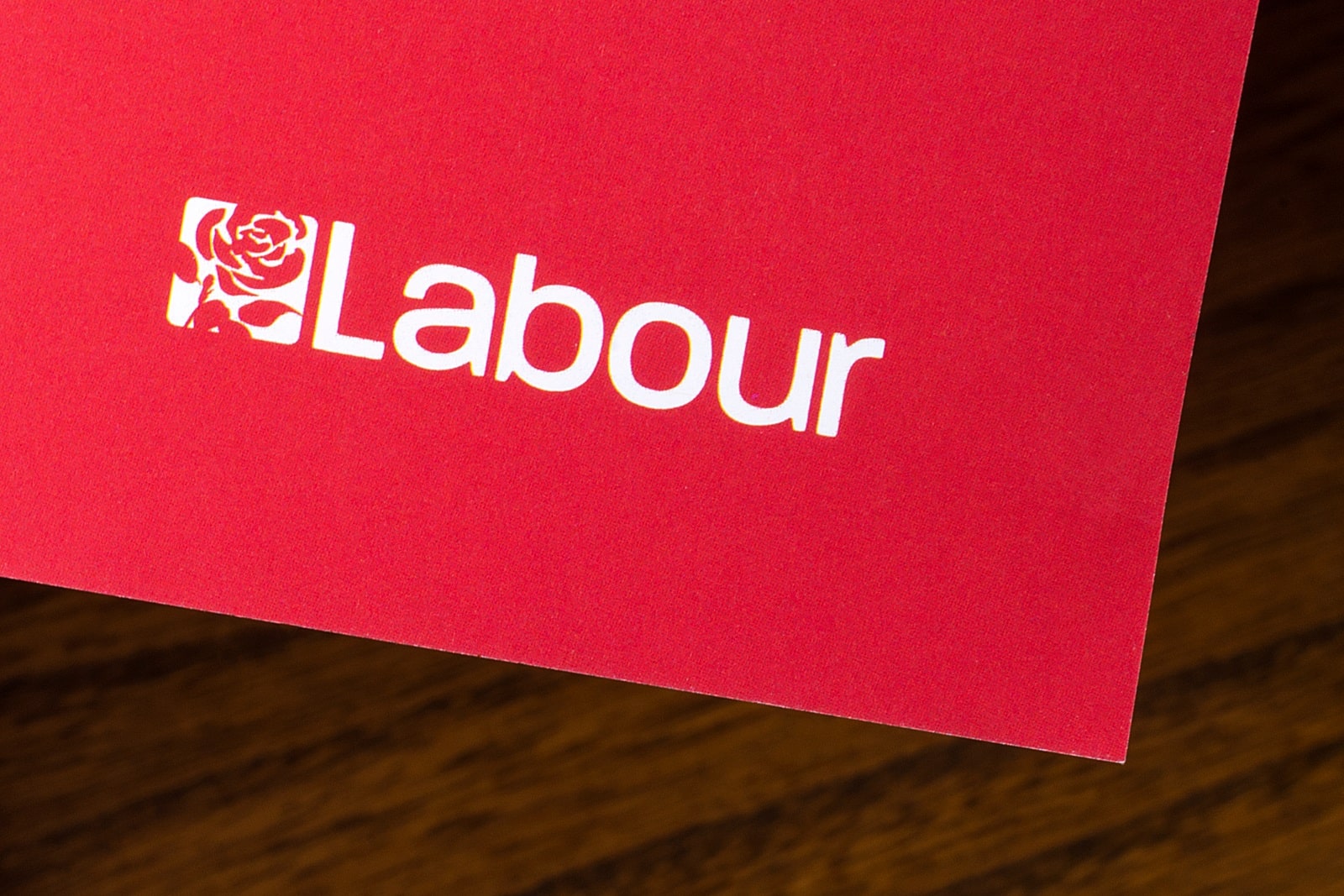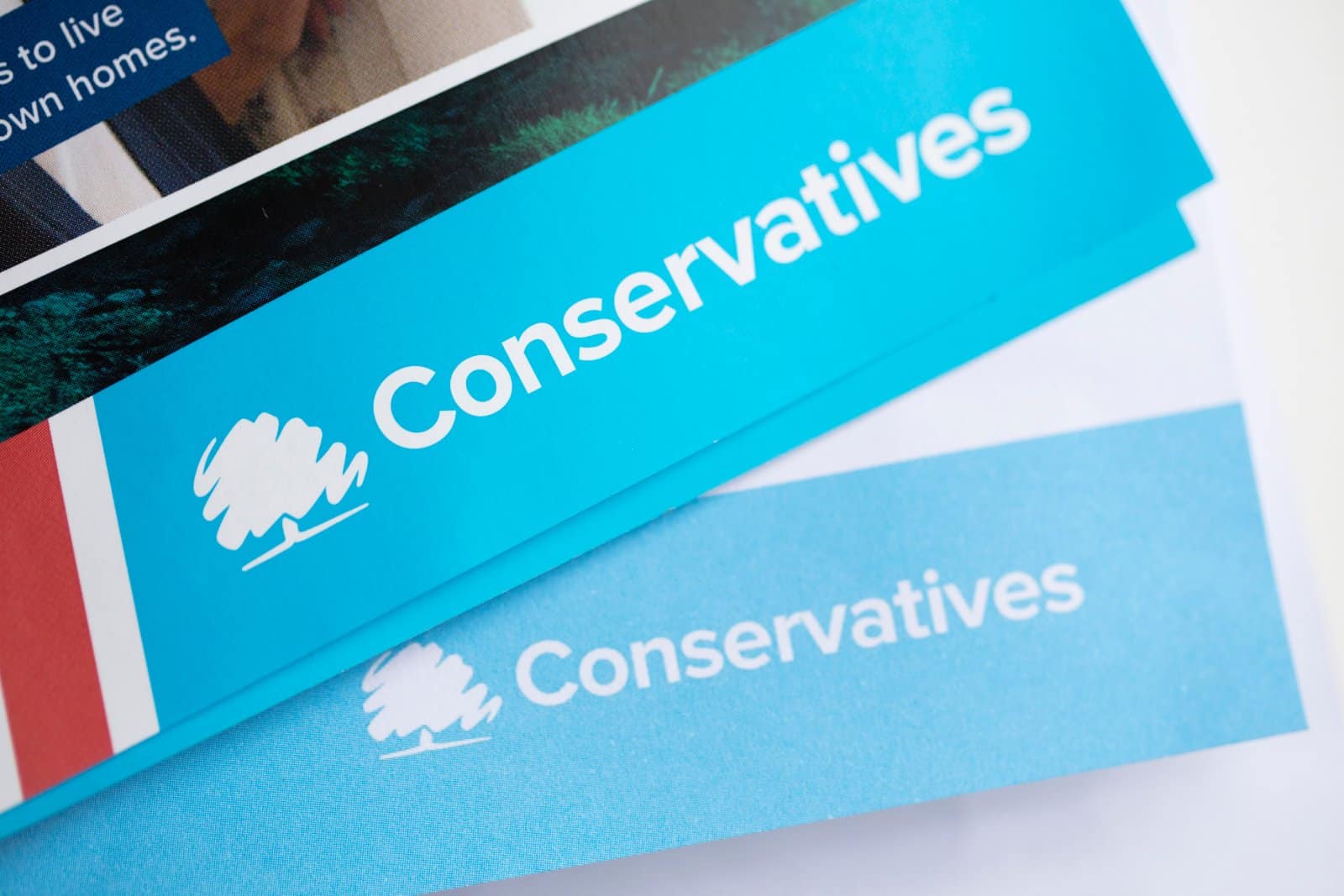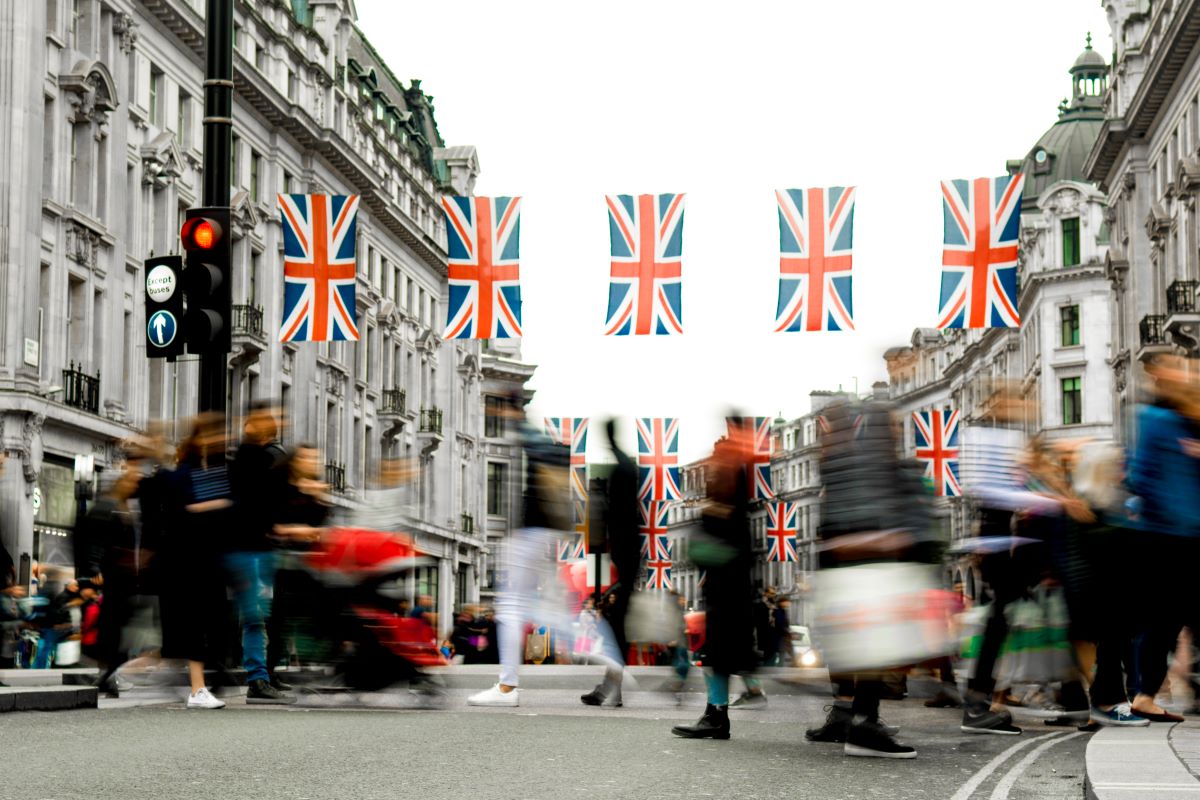The cultural landscape in the UK is showing signs of a significant pushback against “woke” culture as political dynamics shift. Here are 21 examples of how this rejection is manifesting:
1. Public Fatigue Over Culture Wars

Growing segments of the British public believe politicians are inflating culture wars for political gain, signalling a weariness with the ongoing divisive debates.
2. Shift in Public Perception

There’s an increasing perception that “woke” as a term is being used negatively, indicating a broader scepticism of its impact on everyday life.
3. Academic Resistance

Universities are becoming battlegrounds with proposals to erect statues of prominent “anti-woke” figures, highlighting a backlash within academic circles against perceived political correctness.
4. Media Critique of Woke Policies

Media outlets are intensifying their criticism of woke ideologies, especially concerning their impact on freedom of speech and the imposition of social values.
5. Political Maneuvering

Politicians from major parties are tailoring their platforms to distance themselves from radical elements of woke culture, focusing instead on broader, more traditional values.
6. Gen Z’s Skepticism

Younger generations, particularly Gen Z, are increasingly sceptical of the militant aspects of woke culture, favouring a more balanced approach to social issues.
7. Labour’s Strategic Avoidance

The Labour Party is cautiously navigating woke topics, focusing on economic issues over identity politics, suggesting a strategic avoidance due to perceived unpopularity.
8. Conservative Exploitation

The Conservative Party is leveraging anti-woke rhetoric to consolidate its base, critiquing the left’s focus on identity politics as out of touch with the general populace.
9. Community Backlash

Local communities are pushing back against policies seen as enforcing woke values, from educational content to local government policies.
10. Electoral Shifts

Elections are influenced by parties’ positions on woke issues, with predictions that overly woke parties may face electoral challenges.
11. Judicial Commentary

There is increasing judicial and legal scrutiny over laws and regulations inspired by woke principles, questioning their fairness and impact on free speech.
12. Cultural Institution Critiques

Cultural institutions like the National Trust face criticism for engaging in actions perceived as woke, such as reevaluating historical narratives.
13. Corporate Caution

Businesses are becoming more cautious about adopting woke branding, reflecting concerns over consumer backlash and the impact on their bottom line.
14. Sporting World Reactions

The sports sector is witnessing debates over inclusion policies, with a push for merit-based criteria rather than enforced diversity quotas.
15. Artistic Freedom Debates

In the arts, there’s a growing defence of creative freedom against the constraints of woke censorship and the imposition of moral standards.
16. Publishing Industry Pushbacks

Publishers and authors are debating the limits of woke censorship, advocating for artistic expression without fear of retribution.
17. Public Service Reevaluations

Public sector agencies are reassessing diversity and inclusion programs to ensure they do not overstep into social engineering.
18. Religious Group Concerns

Religious communities are voicing concerns over woke policies that they perceive as infringing on their beliefs and practices.
19. International Perspectives

The global debate on woke ideologies affects the UK’s international image and relations, with foreign leaders and commentators weighing in.
20. Technological Impacts

In technology and social media, there is resistance to algorithms and policies that favour woke narratives, calling for neutrality and fairness.
21. Historical Revisionism Debate

There is a significant discourse around the revision of history through a woke lens, with many advocating for a more nuanced understanding of the past.
These points underscore a complex and evolving response to woke culture in the UK, marking a significant moment in societal attitudes and developments.
The post Cultural Rebellion: 21 Signs of the UK’s Pushback Against ‘Woke’ Ideals first appeared on Now Buzz.
Featured Image Credit: Shutterstock / William Barton.
For transparency, this content was partly developed with AI assistance and carefully curated by an experienced editor to be informative and ensure accuracy.

